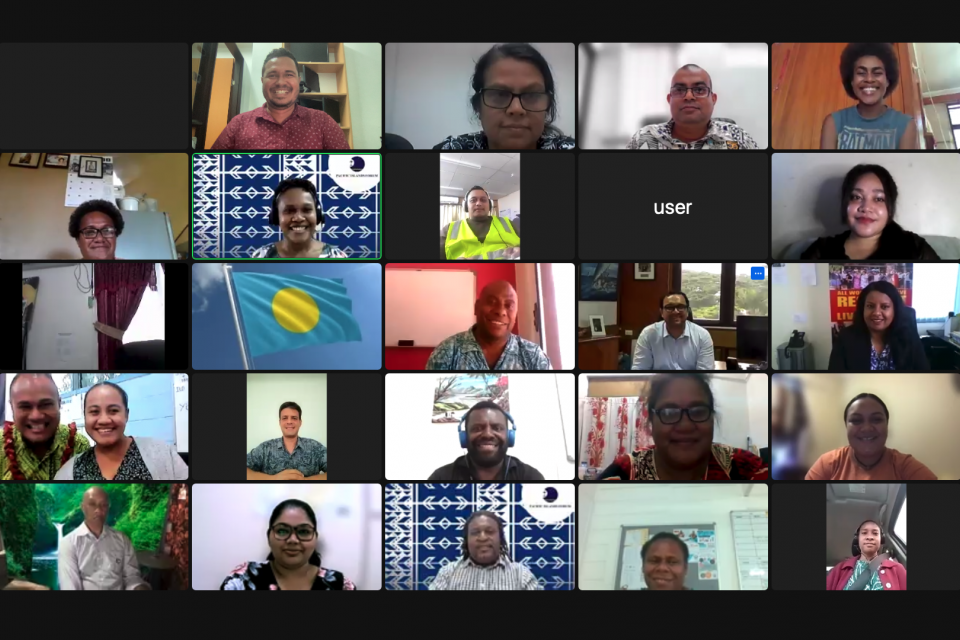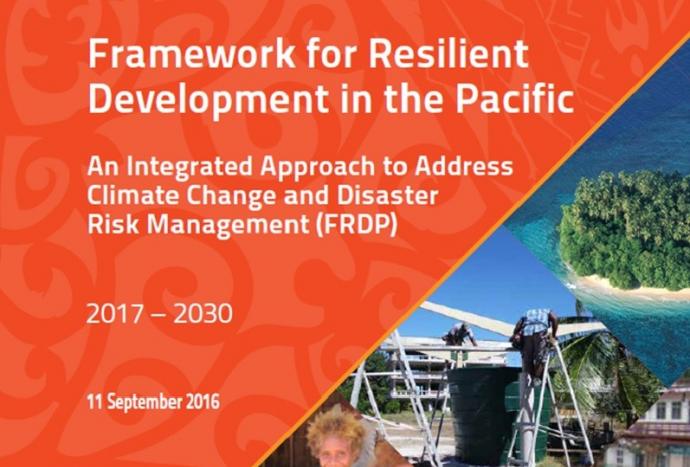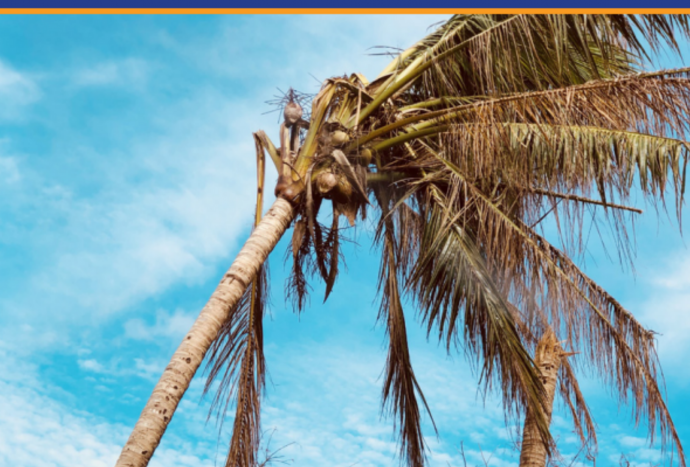PIFS and USP jointly launch short courses for Climate Change and Resilience practitioners

A series of short courses to build the capacity of climate change and resilience practitioners, was jointly launched by the Pacific Islands Forum Secretariat (PIFS) and the University of the South Pacific (USP) this week. Starting Wednesday 23 February the short virtual courses will provide more than 200 participants including youth and the private sector, with improved understanding of the Framework for Resilient Development in the Pacific (FRDP). and a comprehensive set of tools to assist stakeholders in obtaining grants not only by writing proposals, but also reporting on activity and managing the project.
On behalf of the participants, Ms. Lavenia Naivalu, one of the participants from Fiji, said “As a women representative from a community and very remote here in the maritime areas in Fiji, I couldn’t believe that I would be selected. Because I was given this opportunity, I want to thank you for this great opportunity, and I’ve learnt a lot as a beginner in this programme.”
PIFS Director for Programmes and Initiatives Zarak Khan, in his opening remarks underlined that the need for capacity building should not be underestimated as a key enabler to continually improve our approaches and efforts. He further emphasized that in doing so it should strengthen the quality of our actions and its impacts. He encouraged all participants to utilise and share the acquired skills to develop practical and tangible solutions through quality project proposals and project management for their respective agencies, communities and networks that will enhance resilience building in the Pacific.
Gabor Sasvari, European Union’s Programme Manager - Climate Change and Human Mobility welcomed the diversity of participants benefitting from the short training.
“Looking at the list of the participants I’m really happy to see how diverse it is. Ranging from the government to NGO’s, private sectors and stakeholders, “ he said, noting the European Union support to the region through the Pacific Adaptation to Climate Change and Resilience Building, Pacific-European Union Marine Partnership and he Global Climate Change Alliance Plus - Scaling up Pacific Adaptation projects captures the broad spectrum of resilience in the region and this capacity building is one part of enabling increased engagement within these areas.
“As a member of the Pacific Resilience Partnership, the Australian Government is proud to support implementation of the FRDP. Australia is a long term, committed partner in building Pacific climate change and disaster resilience and is pleased to see such a large volume of diverse stakeholders engaging with the FRDP to build resilience in their respective fields,” said Ms. Emi Tagi, Acting Director, Pacific Climate Change Section, DFAT.
This initiative is supported by the Australian Government through the grant supporting implementation of the Pacific Resilience Partnership (PRP), and the European Union through the Intra-ACP GCCA+ Pacific Adaptation to Climate Change and Resilience Building (PACRES) and Pacific-European Union Marine Partnership (PEUMP) programme.



